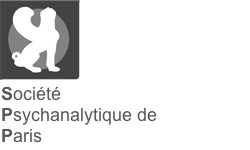|
Abstract:
|
This paper provides a historical overview of the reception of the superego concept in sociology and psychoanalytic social psychology. Central to the discussion are the ways in which classical and contemporary approaches (e.g. Parsons, Elias, Bourdieu) have responded to Freud’s theories concerning the genesis of the superego and its changes in the course of psychic development, to his suppositions concerning anthropology and psychopathology, and to later psychoanalytic extensions of the concept (e.g. Klein, Erikson and Loewald). With reference to Freud’s works of cultural critique, special emphasis is given to conceptions of the superego in studies on authoritarianism, adaptation and morality, notably by the Frankfurt School (Fromm, Horkheimer, Adorno). The authors also discuss the historical changes undergone by the superego concept and examine by way of examples the benefits of concept for achieving a clearer understanding of recent societal trends associated with contemporary phenomena such as digitization and optimization.
|





